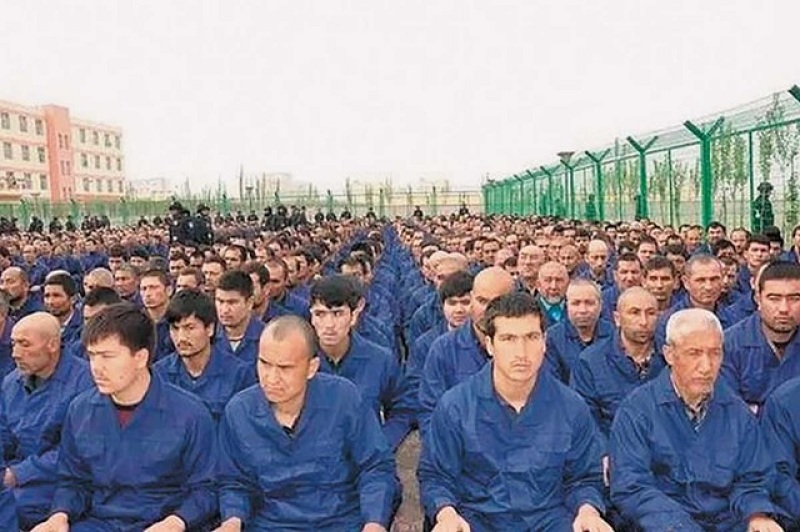
The Chinese Communist Party's Central Commission for Discipline Inspection (CCDI) is upset over Walmart Inc.'s decision to uphold a consumer boycott on Xinjiang-sourced products from its Sam's Club online app. The U.S. retailer has decided to remove products from the far-western Chinese region of Xinjiang from the store's online app, causing major backlash from China.
According to Reuters, China's anti-graft agency was upset over the consumer boycott, accusing Walmart Inc. of "stupidity and shorted-sightedness." The CCP's Central Commission for Discipline Inspection also accused the retail giant of trying to "muddle through" controversy by refusing to respond to complaints or release a statement.
"To take down all products from a region without a valid reason hides an ulterior motive, reveals stupidity and short-sightedness, and will surely have its own bad consequences," the CCP's anti-corruption agency wrote on its website, as if to issue a threat to the U.S. retailer. Both Walmart Inc. and Sam's Club have not responded to the Central Commission for Discipline Inspection's claims.
However, the decision by Walmart Inc. to ban slave-made products from Xinjiang comes after President Joe Biden on December 23 signed into law a new measure prohibiting imports from the Xinjiang Province over concerns on forced labor and other business malpractices. China's complaints came after comments on Chinese social media that the products that were typically sourced in Xinjiang on Walmart and Sam's Club online stores were no longer available, the Christian Post reported.
China is a big market for Walmart Inc., which earned a revenue of $11.43 billion in China alone in its fiscal year that ended January 31 last year. Among its 423 Walmart retail units that operate in China, 36 are Sam's Club stores, its website said. As per Sam's Club customer service representatives however, some products were not removed but were rather out of stock.
China's CCDI, however, did not buy it. The agency accused the U.S. retailer of giving a "self-deceptive excuse" and warned that Walmart Inc. should respect China's position on Xinjiang if it wanted to "stand firm in the Chinese market. Chinese social media were already up in arms about the consumer boycott, with the Weibo hashtag "Sam's Club card cancellation" going viral with more than 470 million hits.
On Friday, CCDI also accused H&M, Intel, and Sam's Club of collaborating with "western anti-China forces" to destabilize the Xinjiang economy through the consumer boycott. The agency complained, "these Western companies, which once boasted that they were free from political interference, have slapped themselves in the face with their own actions."
The boycott on China comes ahead of the controversial 2022 Winter Olympics that are to be held in Beijing next month. Various western countries have expressed opposition to China's treatment of the Uyghurs in Xinjiang, who were being subjected to slave labor, "genocide" and taken to "re-education camps" as part of CCP's control over the Muslim minorities in the area. Unsurprisingly, China continues to deny such allegations.
























